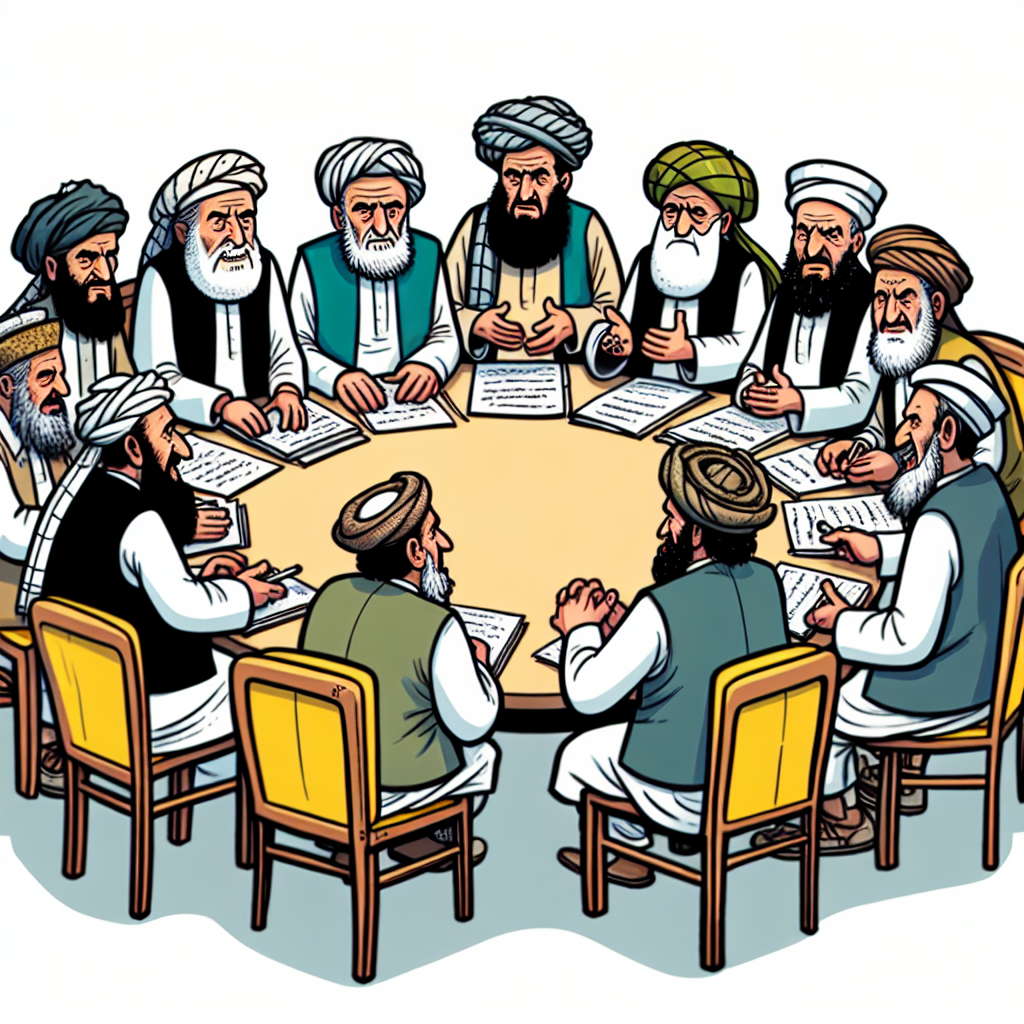UN human rights experts have expressed grave concerns over the Taliban’s recent enactment of the "Law on the Promotion of Virtue and Prevention of Vice," marking a severe regression in human rights and an intensification of the group's oppressive regime reminiscent of their 1990s rule.
The new law, which tightens the Taliban’s control over Afghan society, enforces and expands upon existing discriminatory practices. It includes stringent dress codes, mandates that women be accompanied by a male guardian (mahram), and enforces gender segregation in public spaces. The law also introduces new, more restrictive measures, including prohibitions on women singing or speaking outside their homes, and imposes rigid appearance regulations for men and boys.
The law further criminalizes and persecutes LGBTQ+ individuals and restricts the rights of religious minorities by banning "non-Islamic" ceremonies and prohibiting associations with "non-believers." These measures are seen as a continuation of the Taliban's draconian policies from the 1990s, suggesting no moderation in their approach since regaining power.
Freedom of expression is severely curtailed under the new law, which bans content deemed contrary to the Taliban’s interpretation of Sharia. This has led to increased restrictions on press freedom, placing journalists at greater risk and stifling independent reporting, thus limiting the flow of information both within and outside Afghanistan.
The law grants Taliban morality inspectors broad authority to detain and punish individuals arbitrarily for alleged moral crimes, based on suspicion rather than evidence or due process. Inspectors are also empowered to enter private homes, further intruding on privacy and creating an atmosphere of fear and surveillance across Afghan society.
“These measures institutionalize discrimination and oppression, amounting to crimes against humanity, including gender persecution,” the experts stated.
The international community is urged to ensure full compliance with Afghanistan’s international human rights obligations and to hold the Taliban accountable for ongoing violations. There are calls for the codification of gender apartheid and for a coordinated international strategy that prioritizes human rights, especially those of women and girls.
The experts emphasized that failure to address these violations effectively risks suggesting that the fundamental rights of Afghan women and girls are negotiable, undermining the prospects for a stable, inclusive, and prosperous Afghanistan. They urged UN Member States and other international actors to adopt a principled and robust approach to dealing with the Taliban, warning that engagement without a human rights-focused strategy could reinforce the Taliban's impunity and encourage further abuses.











